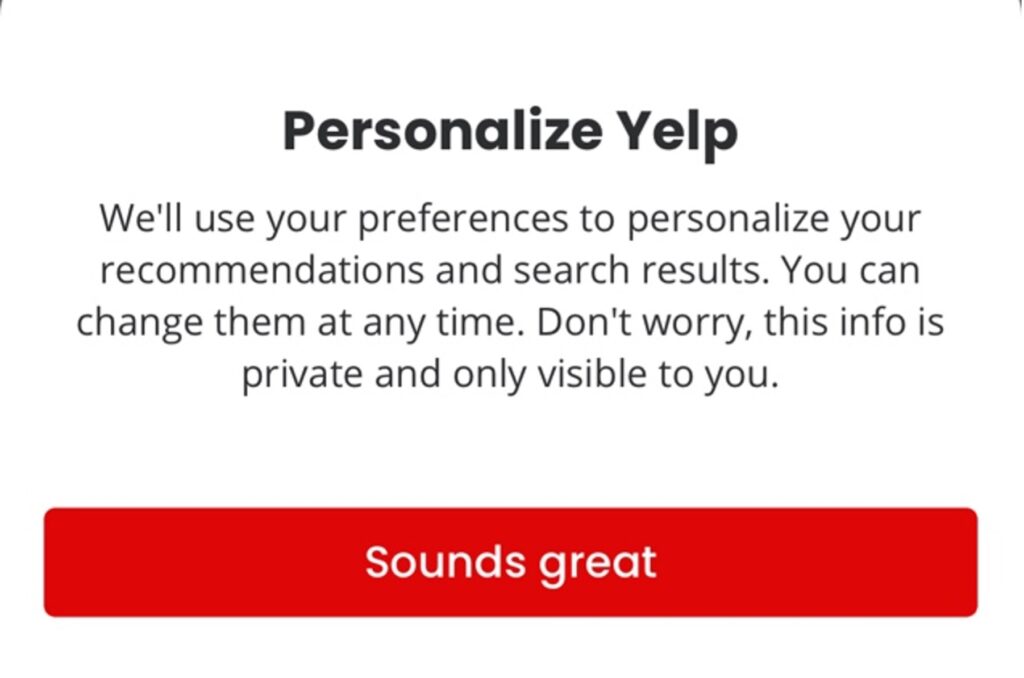As we think about the future of data, and zero-party data in particular, there are three primary considerations businesses need to keep in mind.
The money-for-data model isn’t a recipe for success
There’s an increasing number of tech startups using a model of zero-party data that primarily serves to convince consumers to trade their data for financial incentives. Datacy, for example, compensates individuals for their online browsing behavior in order to resell audience insights to marketers (i.e., by making data available to the highest bidder). Caden, another new company, offers monetary incentives for detailed information about what a person streams, where they travel, what they buy and more.
Despite the belief that data is the new oil, on an individual basis, data holds little monetary value, making it difficult to pay an individual a substantial amount that would make the effort worth their time. Let’s not forget that one of the largest data collection companies in the world, Nielsen, would routinely send $1 bills with their data collection requests to households to incentivize consumers to complete a lengthy questionnaire on what each member of a household watched and when.
Trying to pay individuals more money is a tricky model to follow and is likely to require a major industry shift. This means that instead of trying to pay users for their data, most companies would be better off providing intrinsic value, such as loyalty points or first-look previews of new product drops.
Rather than collecting zero-party data to monetarily compensate individuals, Yelp does so in a transparent way that ultimately improves the customer experience. Customers can disclose category preferences in exchange for a more personalized recommendation engine. At the same time, Yelp clearly communicates how it uses their data and how to control what is shared.

Zero-party data is useless if you don’t know how you’ll use it
Companies often set out to collect all the data they can possibly find and figuring out how they’re going to use it after the fact. But collection of data is vastly different from usage of data. Having a defined data roadmap is key to zero-party data success—organizations that are intentional with data reap the benefits of working more effectively. They’re strategically aligned at the outset (i.e., when defining what data to collect and for what purpose) and work with highly relevant and qualified datasets.

